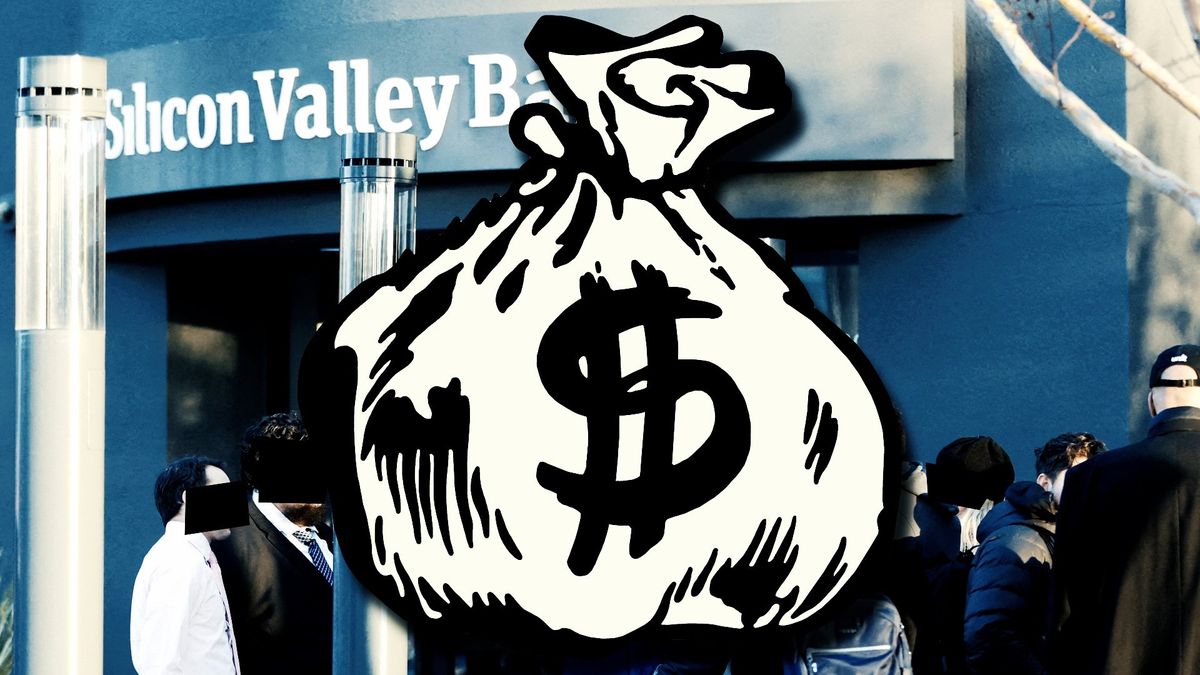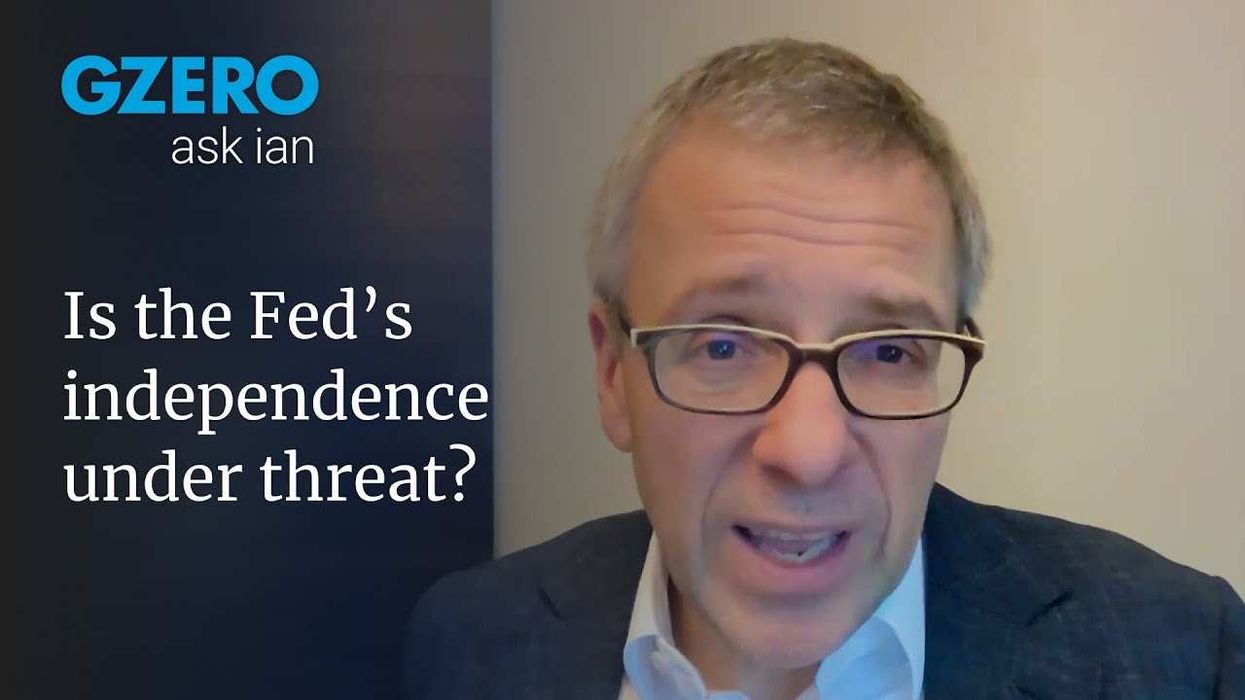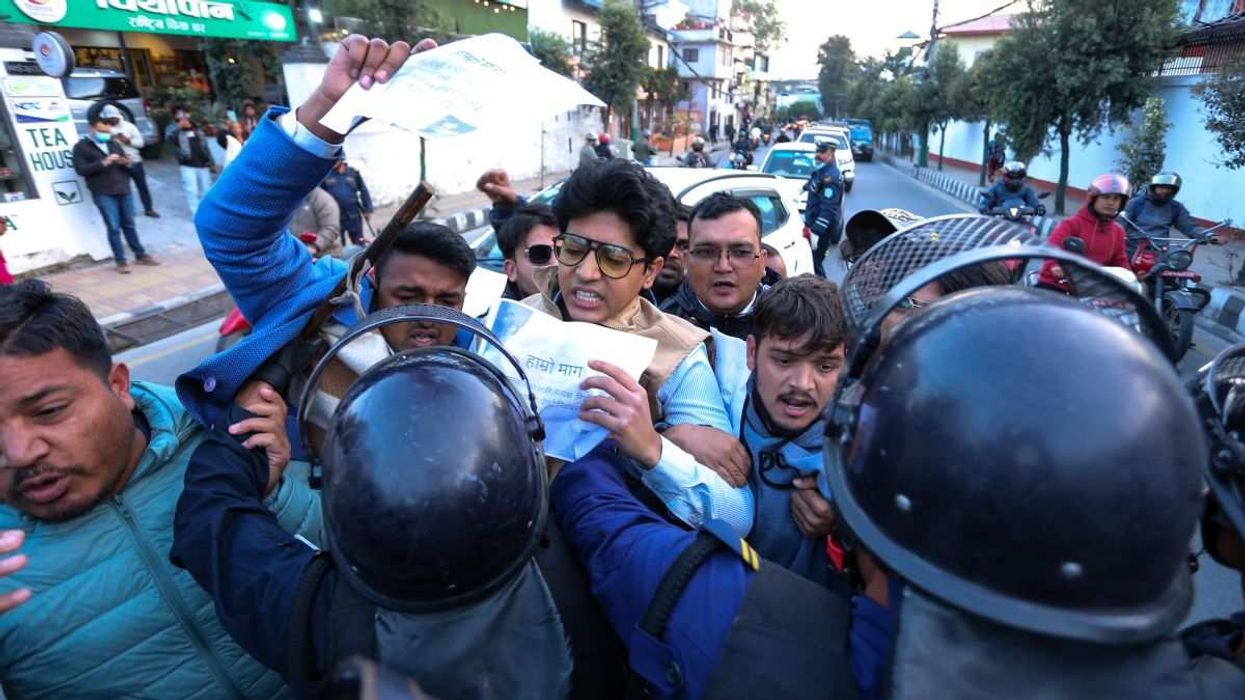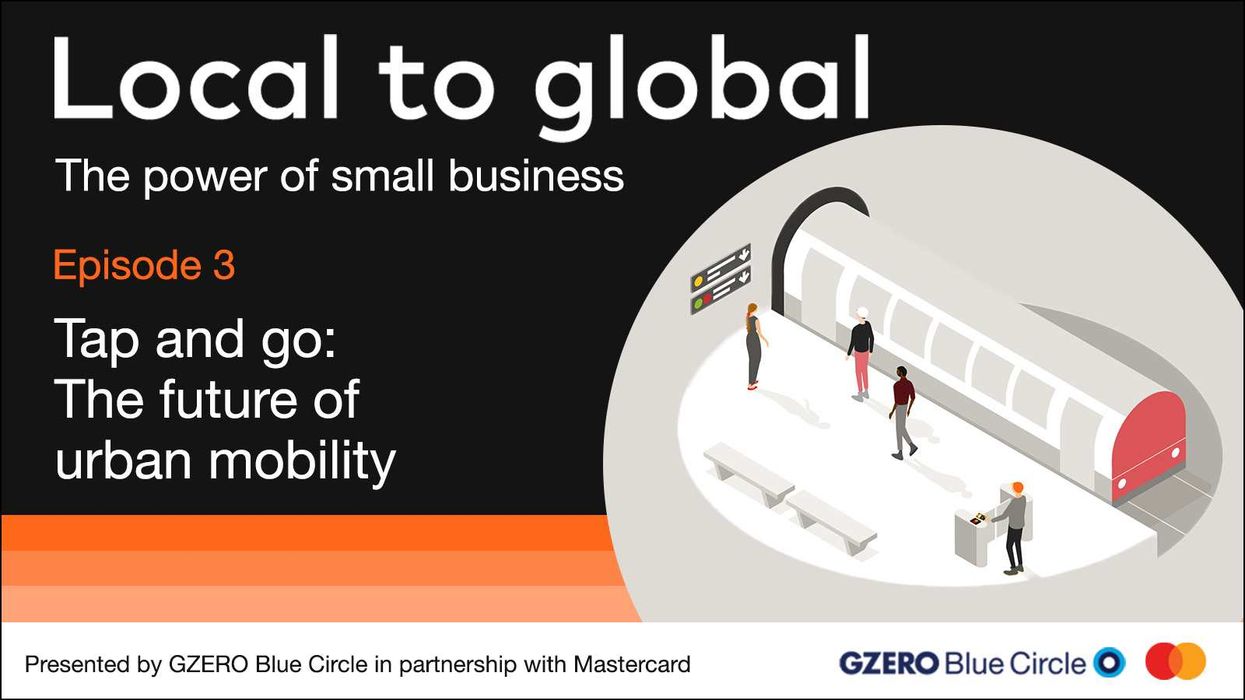Where have you gone, Joe Shuster? Our nation turns its banking eyes to you.
Joe Shuster? The Canadian-American who co-created the comic book hero Superman?
Yes, I’m thinking of Joe a lot these days – not just because he once lived on the same street in Toronto as I did (Borden Street, for those interested) but because, with Lex Putin’s apocalyptic tendencies, everyone is looking for a superhero. And we’re facing another tricky threat: the economy. Inflation is high, and banks are failing. So it may be time for a new hero: Super Banker.
It could be big. After all, rescuing banks is as American as the summer blockbuster sequel. The modern bank bailout franchise started with the 2008 financial collapse, where the Feds collected over $700 billion from the have-nots to save the gold-plated sterns of the have-yachts. (Ok, it’s not that simple, but it actually cost a lot more than that, and the banks got bigger and richer, not smaller and poorer.) This latest installment opened with the collapse of the Silicon Valley Bank, Signature Bank, and First Republic Bank (Full disclosure: FRB has been a longtime supporter of GZERO World), and continues with the regional bank PacWest on the brink and other smaller players like Western Alliance and Comerica getting pummeled.
Who will come to the rescue? It's a bird, it's a plane … No, it’s the Federal Deposit Insurance Corporation, come to save our savings! Is that Jay Powell, the Fed chair? Or … Super Banker? (Maybe JPMorgan Chase’s Jamie Dimon could play that part … that’s up to casting.)
Canadians are flocking to their own banks with hot-buttered paychecks to watch this American financial horror show unfold. Could it happen in Canada too? Will this trigger a full-on financial crisis? So far, no. The market has basically hiccupped and moved on, for now. Why? Because this is significantly more common in the US than in Canada.
According to the FDIC, there are over 4,100 insured commercial banks and more than 2,700 supervised commercial banks in the US. Canada, on the other hand, has only 35 domestic banks (called Schedule 1) and fewer than 40 foreign-owned or subsidiary banks. With its closed system and small pool, Canadian banks are more heavily regulated, less open to experimentation, and trade off stability for innovation.
US banks are more decentralized and localized, significantly more experimental, especially after the Glass-Steagall Act (which once put a wall between commercial and investment banking) was repealed in 1999. On the plus side, that led to massive financial innovation. On the minus side, it eventually caused the 2008 crisis. Then came Dodd-Frank, another financial safeguard passed in 2010 to help stabilize and regulate the US financial system, but Trump rolled back many of those regulations in 2018 and so … here we go again.
Basically what you get is a profitable, innovative, dynamic US banking system that periodically either burns customers who lose their deposits or forces the FDIC to bail out banks — or you get the sleepier Canada side, which rarely puts savings in jeopardy but lags behind in new financial products and so misses out of a lot of upside. Some perspective on that risk? Since 1967, the Canadian Deposit Insurance Corporation has dealt with about 43 bank failures or bailouts, as the CBC recently pointed out. The US has dealt with more than 500 bank collapses since the year 2000! So the risk-reward algorithm is way different — and says a lot.
With fears of a commercial real estate meltdown being the next great crisis and as the inflation and AI genies have left the lantern, it may require a uniquely Canadian-US mind like Joe Shuster to come up with a hero to save banks from their own growth, tamp down inflation, and allow the good citizens of these two countries to get back to their happy, comic book lives.
Super banker, where are you?
___________
GZERO North is a weekly newsletter that gives you an insider’s guide to the very latest political, economic, and cultural news shaping US-Canadian relations. Subscribe today.



















